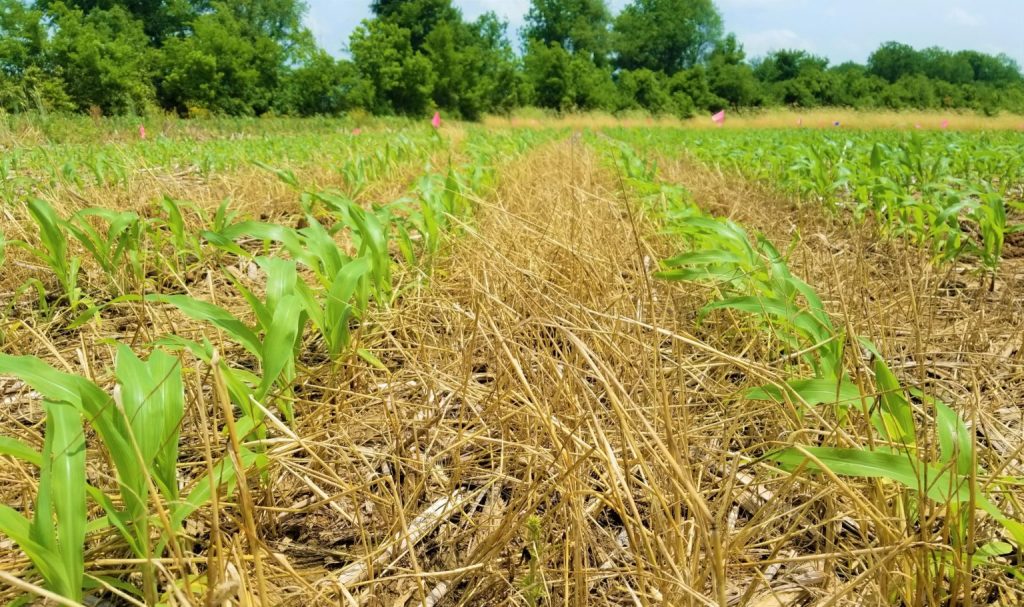Agriculture, the backbone of many economies, plays a vital role in achieving the United Nations Sustainable Development Goals (SDGs). It is a multifaceted sector that not only ensures food security, but also contributes significantly to income generation and employment opportunities. FarmingFarmersFarms has gathered from the report in Alliance for Green Revolution in Africa (AGRA, 2018) that agriculture in many developing African countries employs over half of the population and remains one of the largest contributor to the Gross Domestic Product (GDP).
The centrality of agriculture in these regions suggests that it can serve as a crucial pathway out of poverty and a driver of economic development. However, despite various policy efforts to enhance agricultural productivity, there persists a nagging challenge of environmental degradation. Notably, when talking about the role of environmental degradation in agriculture, one major contributing factor to the sluggish growth in agricultural productivity is environmental degradation. This degradation encompasses various aspects, including poor soil quality, nutrient depletion, and climate change. Environmental challenges affect agriculture on multiple fronts while changes in climate, driven by carbon dioxide emissions, have exacerbated pest infestation, reduced soil fertility, and disrupted irrigation resources.
These changes, in turn, have adverse effects on crop and livestock production, the hydrological balance, and input supplies. The increasing frequency of extreme weather events, such as erratic rainfall patterns, further compounds these issues, impacting food production and distribution. Whereas, the environment, with its ecosystems, plays a crucial role in supporting agricultural development. It provides essential resources, including land and water for agricultural production. Simultaneously, the environment absorbs waste products from production and consumption, transforming them into harmless and useful by-products. Scholars have recognised the intricate relationship between agriculture and the environment, delving into this nexus to unravel its complexities.
Studies have consistently demonstrated that environmental degradation, especially as a consequence of climate change and carbon emissions, has a negative impact on agriculture. For instance, as Nigeria grapples with the persistent challenge of low agricultural productivity, there is the pressing need to examine the impact of environmental degradation, considering carbon emissions, which is always from industrial actions and reckless automobiles on streets. Mitigation and adaptation strategies are essential for minimising the negative impacts of climate change on agriculture. Mainstreaming climate services and embracing resilient agricultural practices are pivotal steps towards achieving sustainable agricultural development. The importance of agriculture in addressing various SDGs, from zero hunger to environmental sustainability, underscores the urgency of addressing these challenges.
Summarily, the question of whether environmental degradation affects agriculture is not a matter of debate, but a well-documented fact. The intricacies of this relationship demand a comprehensive and localised approach to addressing the challenges at hand. The future of agriculture depends on our ability to understand and mitigate the impacts of environmental degradation, particularly the role of hazardous carbon emissions, in order to achieve sustainable and resilient agricultural development.



